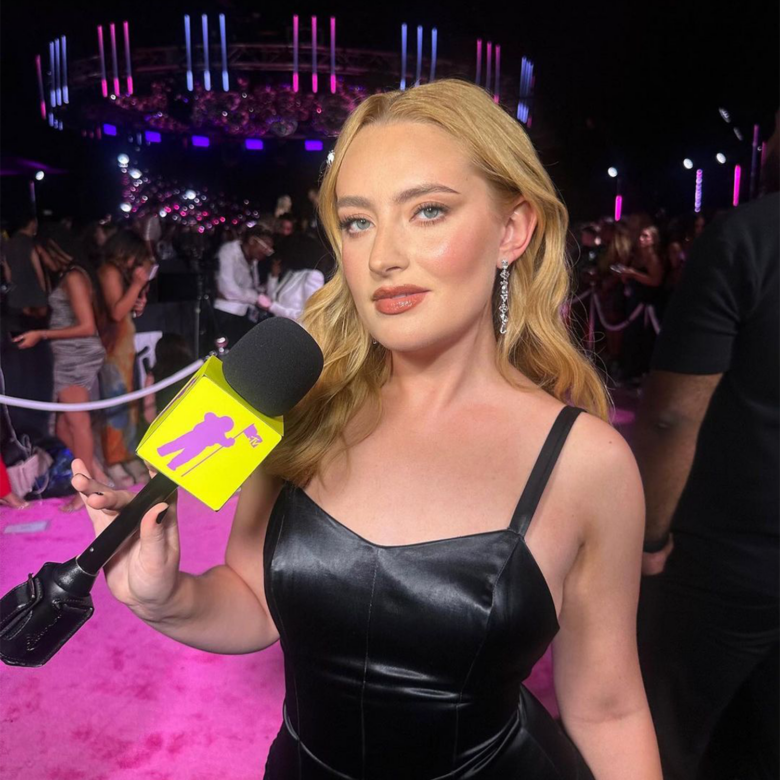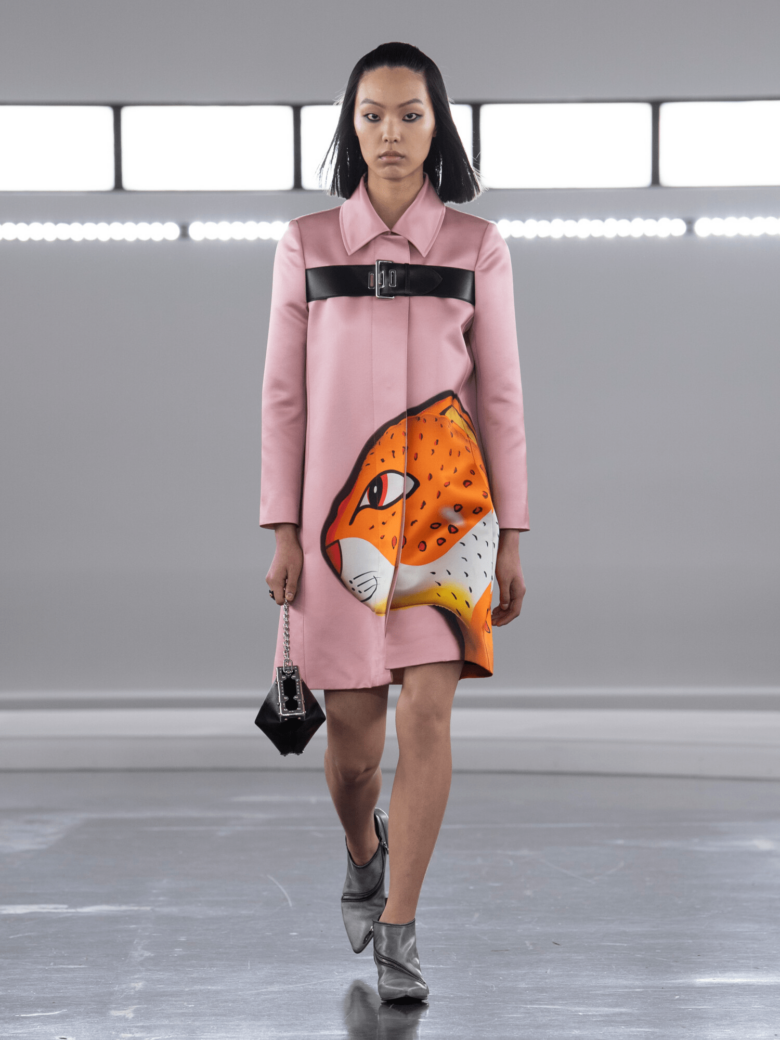Embrace radical optimism with new gen disco star Cola Boyy
With its infectious blend of funk, disco and ‘70s rock, Cola Boyy’s (aka Matthew Urango) music is a ray of sunshine. Don’t let that fool you, however. Whilst making these retro, foot-tapping bops he’s also cultivating radical principles. Hailing from Oxnard, California — incidentally the home of Anderson .Paak and nardcore punk — he’s previously been involved as a community organiser with Todo Poder Al Pueblo, an organisation in the city resisting ICE, police brutality and gentrification. Currently, his focus falls less on organising and more on using the catchy beats and melodies of his music to float an anticapitalist message.
Such is the case with single “All Power to the People” (Todo Poder Al Pueblo in English) and its accompanying video, premiering today on HUNGER TV. Atop a hypnotic groove, you’ll hear Urango’s invitations to “smash these fascists down!”, “organise right now!” and “defend ourselves and our towns.” Whatever your political persuasion, take it from us, you’re going to be listening to this one on repeat.
We caught up with the disco provocateur about the track and its video, whilst also learning a thing or two about identity politics, the “distracting” rhetoric of escapism in art, and why he’s committed to spreading radical optimism.
Could you tell us about “All Power To The People” and the musical process behind it?
I wrote and recorded the demo for “All Power To The People” around three years ago in my room in Oxnard (California). The studio version was recorded early this year in Paris, with my great friend and amazing producer Corentin Kerdraon, who brought the track to an even bigger place. A bunch of my friends did backing vocals on the song as well.
Musically, it was a mash-up of a bunch of my influences; funk, hip hop and soul with a pop element thrown in. Unlike with lyrics, I don’t think I’m always deliberate when writing the composition — I take it as it goes. To myself I was probably just like; “I want to write a straight up political song, let’s see what happens…”
What about the lyrics?
They reflect the politics I had early on in my development. I had a decent grasp of who the oppressors were, and a general understanding of who was being oppressed but I wasn’t focused in on the class element of oppression. This is the main focus to me now; the working class in contradiction with the ruling class and other exploiters.
What about the video: what is it trying to convey?
We did this with Mortis Studios who came up with the idea of a P.S.A style video combining live action and animation. Overall, the video was meant to reflect what I felt needed to be said but done in a fun and creative way to reach working class youth and adults outside of activist circles. It’s meant to encourage something outside of electoral politics and compromising with exploiters or politicians. So it’s not just a music video but something with basic practical tools, positions I have held and crucial readings that I recommend. I speak on some of it in the past tense because my politics are always developing, even since we did the video — I try to remain critical of others and myself.
Your music is generally upbeat despite the climate of neo-fascism we’re currently living in. Is this part of a wider “strategy of joy”?
More and more I want to be an optimistic person and promote a sense of optimism. Not the kind of optimism that selfishly ignores the oppressive realities of capitalism and exploitation in the world. Nor the kind of optimism that encourages passivity, or unprincipled peace. But an optimism that knows the world can and must be transformed by the masses of working people. I truly believe it. I understand that people have feelings of pessimism or pain in response to their conditions. What is it for me to try and connect with them on these grounds and nothing else? More and more, I would like to promote an optimism regarding what is to be done with my music. You can’t do this with sad and pessimistic songs.
Disco emerged from communities who were oppressed by the wider society, was briefly coopted by the mainstream and then was reviled for blatantly racist and homophobic reasons during the “disco sucks” cultural movement. It seems like disco is one of the most “outsider” movements we’ve ever seen in music. What are your thoughts on this?
Disco, like most popular music, emerged from the oppressed nations of Black people. Secondly it helped bring queer culture closer to the forefront of mainstream America. Whether or not it began or existed as an outsider movement; everything can be turned into its opposite. Under capitalism, something that began as rebellious or as a sort of radical response can always be watered down, co-opted and commodified. When there are Black billionaires, LGBTQ+ landlords, and disabled C.E.O’s, what we identify as becomes secondary to class. I love this genre of music and I love making people dance but the genre being rooted in oppressed communities doesn’t say much for what it became, or what it can be used for today.
We associate disco and funk with the ‘70s, so it’s interesting that you’re working with these genres now. Would you say the spirit of resistance and wilful escapism these genres provided in the past is relevant again in the present?
Genres like disco and funk have mass appeal. That’s what drew me in and what I aimed for recreating when I began this project: making infectious music. However, disco and funk can easily be used as tools for self indulgence and individualism. I don’t want to promote escapism. Music and art are flooded with this rhetoric and it’s very counter-productive. I don’t want my listeners to try and escape what oppresses them. I want to point them towards the means to challenge it head on; to destroy it.
Could you tell us more about your activism and about the ways this does (or doesn’t) intersect with your music?
I never want to use my politics for opportunistic means, or let others do so on behalf of me. That’s the balance I try to maintain in regards to my music and speaking on politics. The things I believe in exist because of the sacrifice and struggle of those before me, and I never want to take away from their contributions. It’s not about me.
In the past I was involved with community work surrounding the immigrant population in Oxnard, but these days I’m not active due to my busy schedule. I do my best to support movements worldwide that work to liberate the oppressed and exploited.
What change do you want to see in the world?
An end to oppression and exploitation — capitalism is in its final years.
Check out Cola Boyy’s track “All Power to the People” and its accompanying video below.

